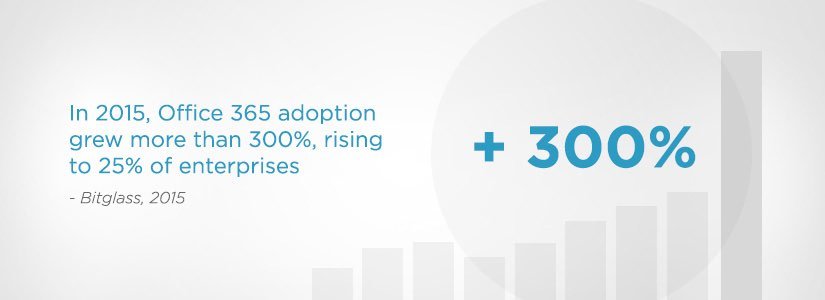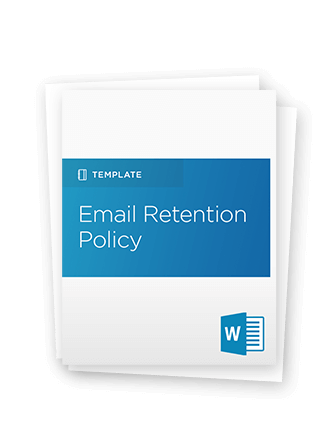How to Migrate to Office 365 from Exchange 2003 or 2007 (And Not Lose Your Mind)

Migrating from a single legacy email server (such as Exchange 2003 or 2007 versions) and upgrading to the more up to date and robust Exchange Online included with Microsoft’s Office 365 can be a time-consuming task.
The time investment, while wholly dependent upon the 0365 subscription your business purchases and the amount of data you want to migrate, can create major chaos in terms of operations and workflow — which is why it’s not uncommon for companies and even governmental agencies to implement migration during the off-business hours, or even close up shop for a few days entirely to ensure that everything goes smoothly.
It’s Not a One-Step Migration
A typical Office 365 email migration from a legacy exchange server is not particularly complicated, but organizations that are migrating from an Exchange 2003 or Exchange 2007 server must often take additional steps to fully migrate to 0365. For instance, before migrating to the Exchange Online server, companies with outdated servers must first switch to Exchange 2010. From there they can make the move to 0365, but this additional step means having to dedicate more time to the process, which in turn can cause headaches with company workflow.
Also, there’s always the chance of running into capacity issues as a result of the thousands upon thousands of emails and data stored on the original email server (again this is dependent upon the 0365 subscription). This can also lead to unwanted delays in production, and in some worst case scenarios, potentially even lost data. Adding even more complication is the fact that Exchange Online comes with its own set of limits, so the act of migrating from an outdated email server to 0365 poses the potential for small and large snafus around every corner.
When it comes to migrating emails from an ancient on-prem server to the sophisticated cloud-based Exchange Online server, you’re going to want all the assurance you can get that your email is safe and secure and will end up where it belongs when it’s all said and done.
How to Migrate to Office 365 from Legacy Exchange Servers (And Not Lose Your Mind)
Third-party archivers have proven to be effective migration partners for companies and governmental agencies both large and small. The reason is two-fold.
1. Peace of Mind
A third-party archiver will not assist in the actual migration of email, rather it will aid in taking away some of the stress involved in the migration itself. Archiving data prior to migration means the email that will eventually be transitioned over is in a safe and secure place before, during and after the migration process.
2. Time Savings
In addition to being that security blanket, a third-party archiver can also be used as an efficiency tool during the migration process. For instance, instead of choosing to migrate all of your emails to a new server, which as mentioned earlier can take a long time, an organization can choose to only migrate emails from the last 90 days and then store the rest in the archive. This will drastically cut down on the time it takes to migrate. The emails not transferred over can always be migrated over at a later, more convenient time.
The goal for any company or government agency migrating from an outdated Exchange Server to 0365’s Exchange Online is to do it in such a way that employees barely even notice the change. Many IT managers will attempt to do the migration in stages, while others depend on third-party solutions to assist in expediting the initial migration process and storing the remaining data in an email archiving solution in the meantime.
As a proven third-party archiving solution, Intradyn Email Archiver has assisted countless Office 365 customers in migrating away from their outdated legacy Exchange servers. Contact us today to learn more about the ways we’re improving our email archiving solutions in order to benefit our customers. To learn more about Office 365, check out this post we wrote comparing the pros and cons of Microsoft O365 adoption.

